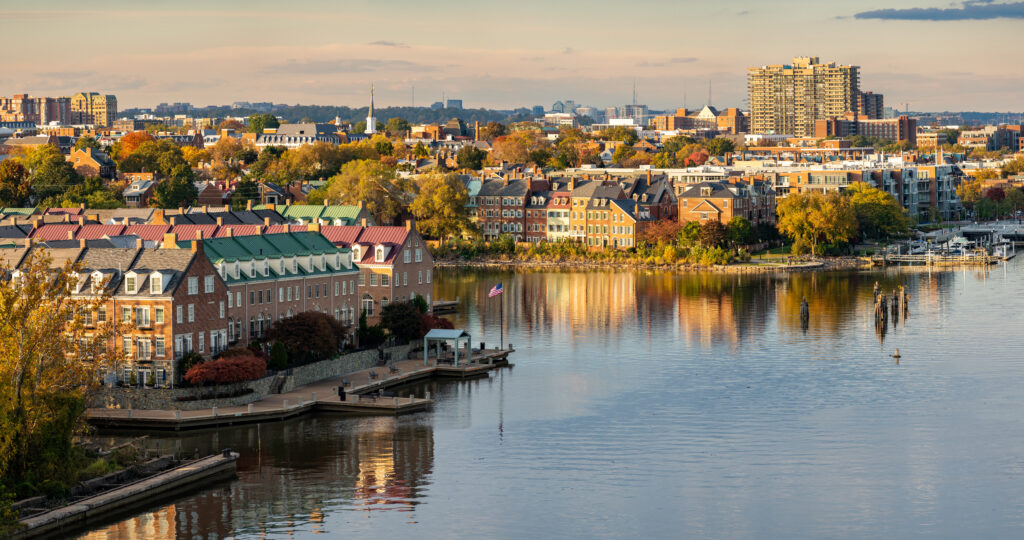The FWD #211 • 636 words
In several of the Commonwealth’s metropolitan areas, residents are suing local governments to prevent zoning reforms.
Last week the Washington Post ran an article detailing the legal fallout from Arlington County’s Missing Middle zoning reforms enacted last year. Similarly, residents in Roanoke are suing the City over changes to zoning aimed at increasing density and easing development restrictions. In Charlottesville and Alexandria, similar suits are also at play.
As local jurisdictions seek to improve long-term affordability by removing land use barriers to density (just one part of a comprehensive strategy), the threat of lawsuits is inevitable. Legal retaliations are becoming commonplace in many of the states trying to disrupt “single-family only” zoning, including California, Montana, and Wisconsin.
Localities are no strangers to legal rebuttals of their policy decisions. The legal system is a key tool used to challenge local laws—from bike lane ordinances to school uniform policies—especially when the public review and input process concludes and those that oppose reforms do not prevail.
Affordable housing practitioners would do well to understand the who and what of these recent legal actions in order to support localities in the future as they embark on similar reforms.
Who are the plaintiffs?
Local residents are typically behind these suits. Often just a small cadre of highly-motivated and vocal detractors, these residents have to fundraise or otherwise pay for all legal expenses associated with their case. The WaPo article mentions, for example, that one lawsuit filed was able to raise $80,000 in crowd sourced funds to contribute to their legal fund. Anecdotally, local residents sponsoring these suits are typically longstanding homeowners.
How do plaintiffs prove legal standing?
HousingForward is not a law firm and nobody over here has a law degree! But if you scoot over to the law firm Williams Mullen’s blog, T. Preston Lloyd Jr. describes how easy it is for Virginia residents to prove legal standing that allows them to sue localities to stop zoning changes. Lloyd defines standing as “a plaintiff [that] allege[s] that they have suffered or will likely suffer an injury from the defendant’s conduct and that a court can provide a remedy to address the harm.”
Importantly, this means you don’t need to be a direct neighbor physically affected by a zoning reform in order to sue. The legal definition of who could be “harmed” by a zoning change is now more expansive, due to a series of Virginia Supreme Court rulings in recent years.
What are the alleged violations cited in these cases?
Cases in progress today in Virginia often follow similar playbooks. These tactics are similar to ones used throughout the country as well. Typical complaints include:
- Violations of state code when it comes to proper notice of affected residents
- Failure to follow state code related to Comprehensive Plan implementation
- Failure to accurately assess the reforms’ impact on transportation, stormwater and other public resources
What happens to the reforms themselves while the suit is in process?
In some cases, the judge can order an injunction against the implementation of the zoning reform while the case is heard and winds its way through court. This can mean a lengthy delay in implementing the reform while court cases, including appeals, can take years to resolve.
Other reforms are allowed to move forward while the case is reviewed, but it is not always clear whether work would be required to be “undone” (i.e., razing a building that was allowed under the new reform) if the case were to be found in the plaintiff’s favor. Such a concern has had a chilling effect on the practical adoption of these reforms.
Though we may not be legal experts, we will be doing our best to keep track of these cases and their effects on the housing landscape, both in Virginia and across the country.
